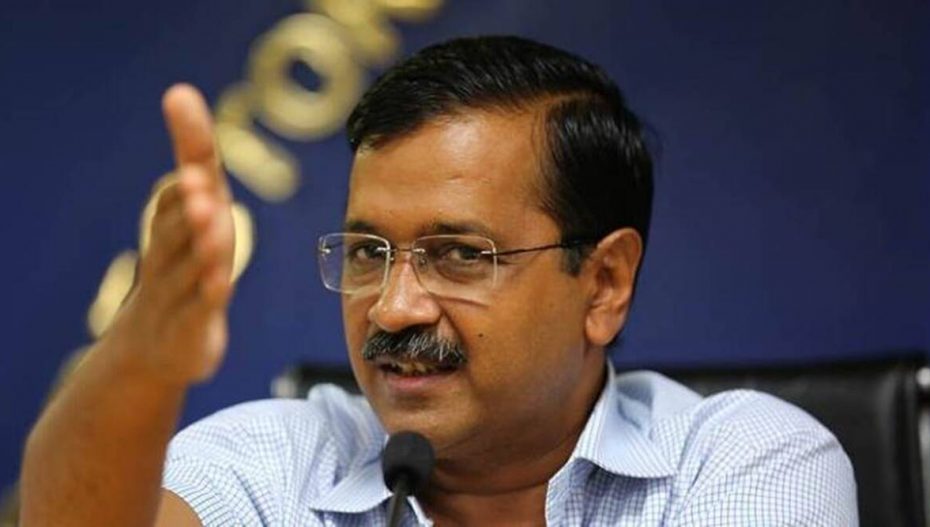Delhi Chief Minister Arvind Kejriwal, who was arrested on the evening of March 21 in connection with the alleged liquor policy scam, has withdrawn his petition against the arrest from the Supreme Court. Kejriwal will now approach a lower court, following protocol.
The Enforcement Directorate (ED) took Kejriwal into custody after the Delhi High Court refused to grant him protection from arrest in the liquor policy case. This marks the third high-profile arrest of an Aam Aadmi Party (AAP) leader connected to this case.
But what exactly is the Delhi excise policy case and what are the allegations against Kejriwal and other AAP members?
The Delhi Excise Policy Case
In November 2021, the Delhi government, under Kejriwal’s leadership, introduced a new excise policy aimed at modernising the alcohol sales process in the city. However, this move received mixed reviews, with some applauding its progressive approach while others raised concerns about its potential financial and public health implications.
Less than a year later, in July 2022, Delhi’s Chief Secretary Naresh Kumar reported violations in the policy to Lieutenant Governor (L-G) Vinai Kumar Saxena, who recommended a probe by the Central Bureau of Investigation (CBI). The report submitted alleged “financial losses to the exchequer” amounting to more than Rs 580 crore.
The ED alleged that the policy was intentionally designed with loopholes to favour AAP leaders and promote cartel formations. It accused AAP leaders of receiving kickbacks from liquor businesses in exchange for preferential treatment, such as discounts, license fee waivers and relief during the Covid-19 pandemic disruptions.
The ED alleged that the “scam” involved giving wholesale liquor businesses to private entities with a fixed margin of 12 per cent, for a six per cent kickback. They were also accused of influencing elections held in Punjab and Goa in early 2022.
The CBI conducted raids targeting then Deputy Chief Minister Manish Sisodia and three others. The CBI named Sisodia and 14 other accused in its FIR, including AAP communications in-charge Vijay Nair, who was arrested in September 2022.
In March, the ED told a court that the proceeds from the alleged excise policy scam amounted to more than Rs 292 crore.
Recently, Bharat Rashtra Samithi (BRS) leader K Kavitha was also arrested for allegedly paying Rs 100 crore to top AAP leaders to receive benefits of the new Delhi excise policy.
Accusations Against CM Kejriwal
The ED asserted that Kejriwal himself engaged with key accused individuals, urging them to collaborate with others involved in the case. Despite receiving nine summons between October 2023 and March 2024, Kejriwal was apprehended after the Delhi High Court rejected his plea for protection from arrest.
Kejriwal maintains that the ED’s actions are politically motivated, orchestrated by the ruling Bharatiya Janata Party (BJP). Senior advocate Abhishek Manu Singhvi, appearing for Kejriwal, argued in court that the summonses lacked specificity and amounted to a vague fishing expedition, infringing upon Kejriwal’s fundamental rights.
“The arrest will be in grave violation and infraction of the fundamental right to life and liberty. The March 16 summons was issued on the same day on which the general election schedule was declared. The ED has been calling since last year, they can’t wait for two more months?,” Singhvi said.
Also Read: Delhi CM Arvind Kejriwal Withdraws SC Petition Against Arrest












